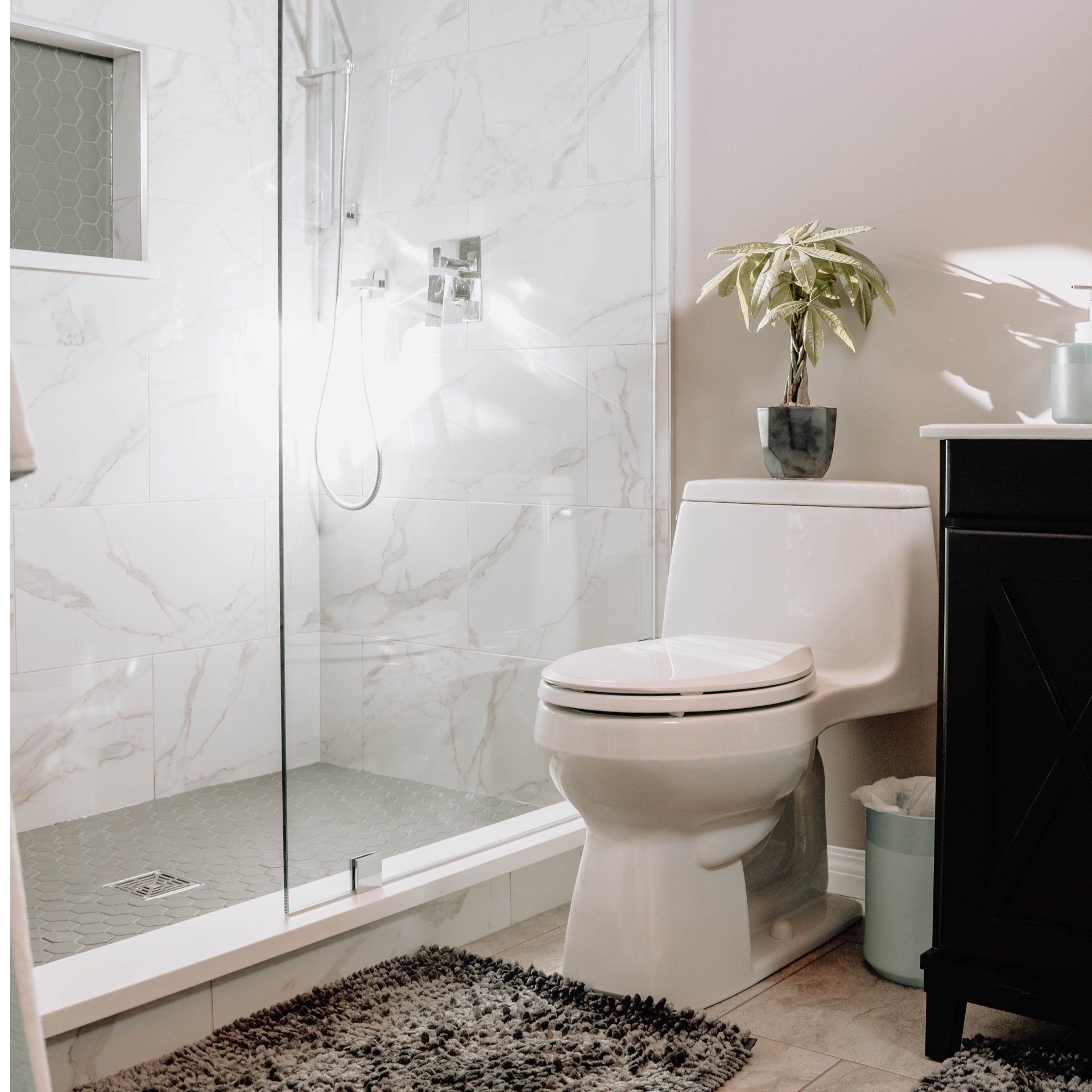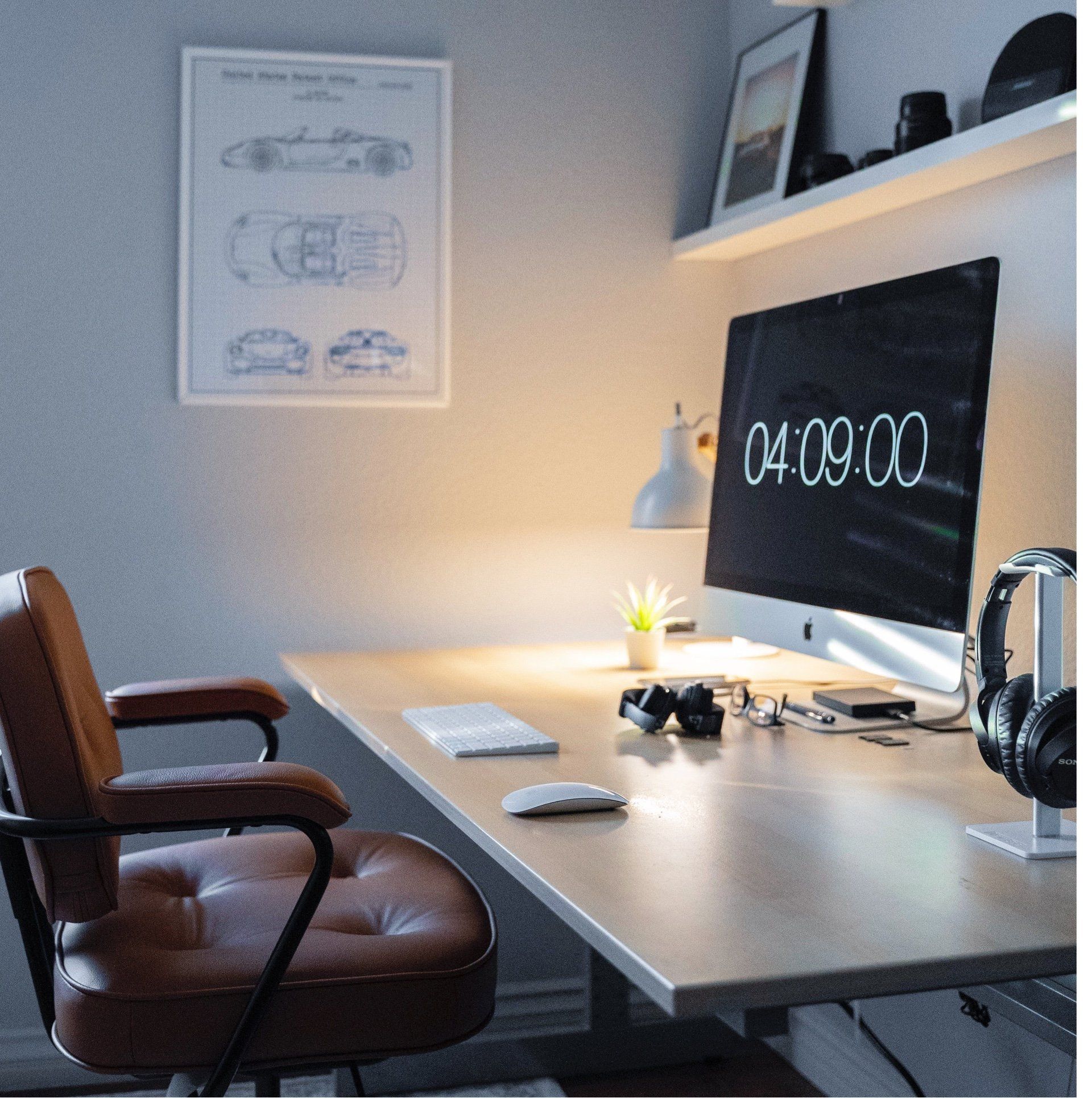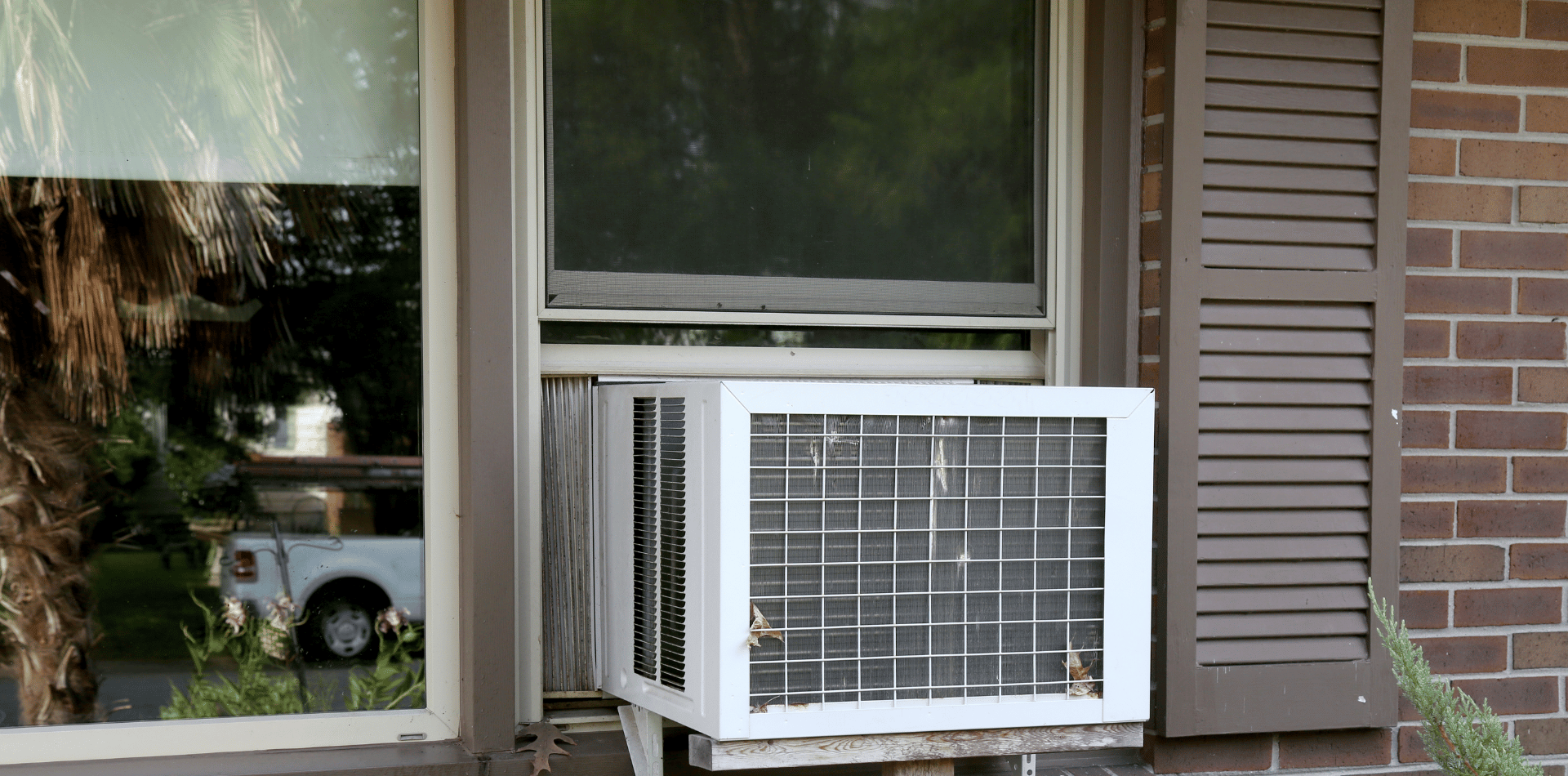How Air Conditioning Can Improve Your Sleep Quality
How Air Conditioning Can Improve Your Sleep Quality
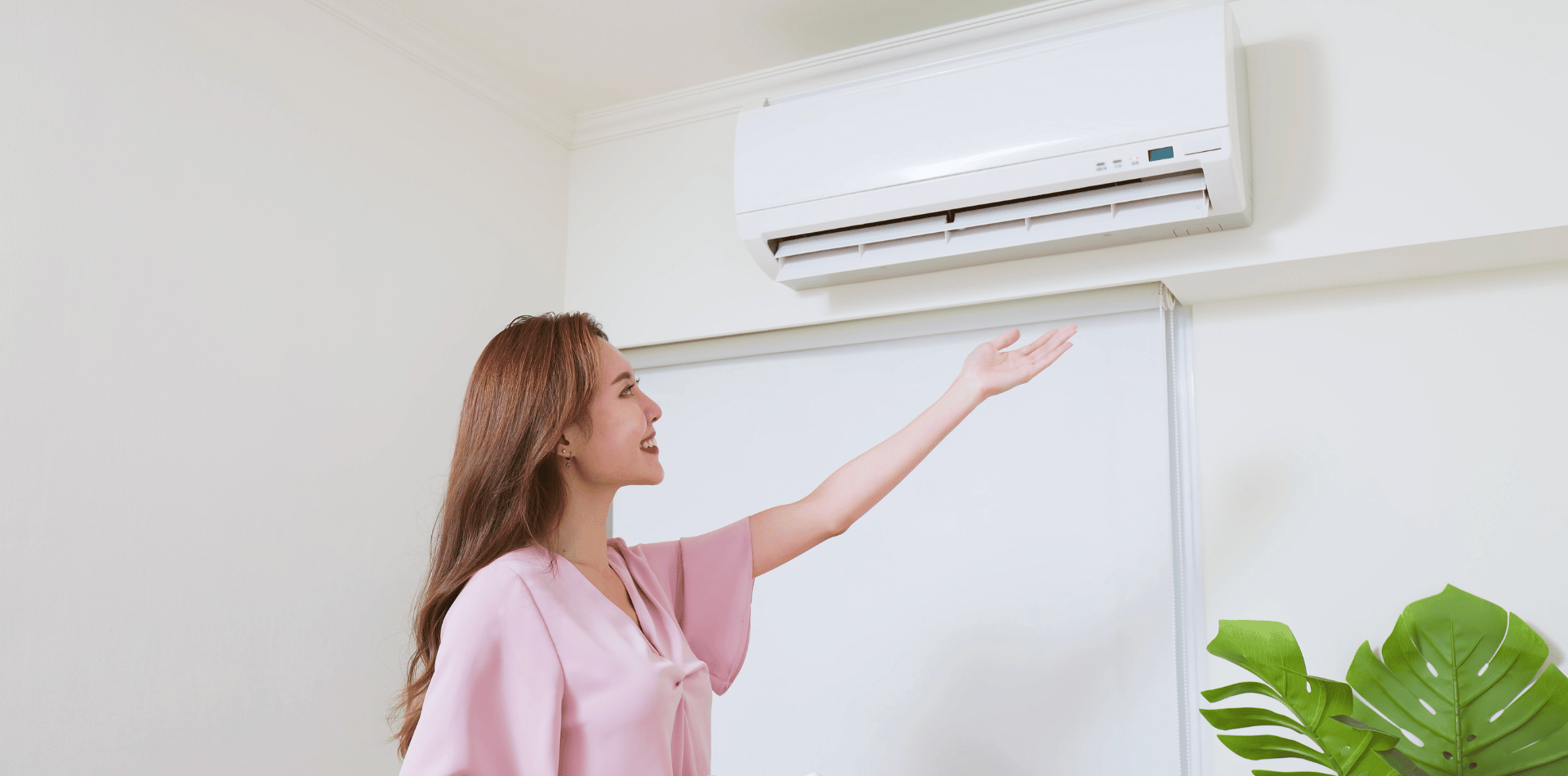
Getting a good night's sleep is essential for maintaining optimal health and well-being.
While various factors influence sleep quality, one often overlooked aspect is the role of air conditioning.
Let's look at how air conditioning can improve your sleep quality, examining the physiological, psychological, and environmental impacts.
The Importance of Sleep Environment
The environment in which you sleep has profound effects on the quality and duration of your sleep, which in turn impacts almost every aspect of your daily life. Understanding and optimising your sleep environment can lead to significant improvements in sleep quality, mood, cognitive function, and overall health.
Optimal Temperature for Sleep
As previously mentioned, the ideal temperature for sleep is between 15.5-19.4 degrees Celsius. This range supports the body's natural drop in core temperature that signals it's time for bed. An environment that is too warm can inhibit this drop, prolonging the time it takes to fall asleep and increasing wakefulness throughout the night. On the other hand, an overly cold room can lead to restless sleep as the body struggles to maintain its temperature. Air conditioning offers a precise control over this aspect, allowing for a consistent temperature that matches the natural thermoregulation of the body.
Quietness
A quiet environment is essential for preventing disruptions in the sleep cycle. Noise can cause awakenings of which you might not even be aware, fragmenting your sleep and decreasing its restorative value. This includes both sudden noises and consistent ambient noise. Modern air conditioning systems are designed to operate quietly, minimising their potential to disturb sleep while still providing the necessary climate control.
Darkness
Exposure to light influences the body's circadian rhythm, which regulates sleep. The presence of light can inhibit the secretion of melatonin, the hormone that promotes sleep, thereby disrupting the sleep cycle. Ensuring that your sleep environment is as dark as possible can help maintain healthy melatonin levels and promote uninterrupted sleep. Blackout curtains or eye masks can be useful tools in achieving an ideal dark environment.
Air Quality
Good air quality is another critical component of the sleep environment. Allergens, dust, and pollutants can irritate the respiratory system, leading to disrupted sleep. High-quality air conditioning systems often include air purifying filters that can reduce the presence of these irritants. Moreover, maintaining a good balance of humidity is essential as both overly dry and overly humid air can cause discomfort and affect sleep. Air conditioning systems that include humidity control can help maintain this balance, creating a more comfortable and conducive sleep environment.
Psychological Comfort
The psychological aspect of the sleep environment is also vital. Your bedroom should be a sanctuary that signals to your brain that it’s time to wind down and prepare for sleep. This includes aspects like the colour of the walls, the comfort of your bedding, and the overall arrangement and tidiness of the room. A cluttered or stressful environment can subconsciously make relaxation more difficult.
Creating the Ideal Sleep Environment
Creating the ideal sleep environment involves more than setting the right temperature. It's about combining all the elements—coolness, quiet, darkness, clean air, and psychological peace—to foster the best possible conditions for restorative sleep. While air conditioning plays a significant role in temperature and air quality management, attention should also be given to other factors such as minimizing light and noise, and ensuring the bedroom is a relaxed and welcoming space.
Optimising your sleep environment by carefully managing these elements can transform your sleep quality. This, in turn, can boost your immune function, enhance your mood, sharpen your brain functions, and improve your overall health and vitality. Taking the time to assess and improve your sleep environment is a worthwhile investment in your well-being.
Temperature Regulation and Sleep
Your body’s core temperature naturally drops as you prepare to sleep, a signal to your brain that it’s time to rest. Maintaining a cooler room temperature facilitates this drop, helping you fall asleep faster and remain asleep longer. Air conditioning can help maintain this ideal temperature, especially in warmer months when temperatures might otherwise disrupt this natural cycle.
Physiological Benefits
- Enhanced Sleep Quality: Maintaining a cool environment with air conditioning can help enhance the quality of REM (Rapid Eye Movement) sleep, the stage of sleep associated with dreaming, memory consolidation, and emotional processing.
- Prevents Night Sweats and Heat Discomfort: For those prone to night sweats or living in hot climates, air conditioning can prevent disruptions caused by overheating.
Psychological Benefits
- Stress Reduction: Sleeping in a cool, comfortable environment can reduce stress and anxiety, making it easier to relax and drift off to sleep.
- Improved Mood: Better sleep quality often leads to improved mood and mental clarity, reducing the risk of depression and anxiety.
Noise and Air Quality in the Sleep Environment
Creating a conducive sleep environment involves managing both noise levels and air quality, as disturbances in these areas can significantly affect sleep quality.
Modern technology, particularly in air conditioning systems, plays a pivotal role in controlling these environmental factors.
Noise Control
The link between noise and sleep disruption is well-documented.
Sound levels above 30 decibels can interrupt sleep patterns and even prevent the deep, restorative stages of sleep. Chronic exposure to noise at night can lead to long-term health issues such as high blood pressure, heart disease, and impaired cognitive function.
Modern air conditioners are engineered to be much quieter than older models, with some operating at sound levels almost imperceptible to the human ear.
The design improvements include:
- Sound-dampening technology: Many units are equipped with materials that absorb or block noise, ensuring that the operational sound of the AC does not disrupt sleep.
- Variable-speed fans: These allow the air conditioner to maintain cooling efficiently while reducing the frequency of loud fan noises that can occur with single-speed fans.
- Low-noise outdoor units: For split systems, the outdoor unit, which is typically noisier, can be placed away from windows and sleeping areas to further reduce noise impact.
By minimising noise, these air conditioners help maintain a tranquil sleep environment that is conducive to falling asleep quickly and staying asleep longer.
Improving Air Quality
Indoor air quality significantly impacts health, especially during sleep when the body is supposed to recover and regenerate.
Poor air quality can exacerbate allergies, asthma, and other respiratory conditions, disrupting sleep and diminishing its restorative power.
Air conditioners with built-in filters address these concerns by:
- Removing Particulates: High-quality filters, such as HEPA filters, can trap dust, pollen, pet dander, and other particulates, preventing them from circulating in the air.
- Reducing Allergens: By filtering the air, AC units can significantly reduce the amount of allergens present in the sleeping environment, which is particularly beneficial for people suffering from allergic rhinitis or asthma.
- Controlling Humidity: Excess humidity can encourage the growth of mold and dust mites, both of which are common allergens. Many air conditioners regulate humidity as well as temperature, thus inhibiting the growth of these allergens.
Regular maintenance of air conditioning systems is crucial to ensure that these benefits are sustained.
Filters need to be cleaned or replaced according to the manufacturer's instructions to maintain air quality and system efficiency.
Comprehensive Approach to Air Quality and Noise
For optimal results, it is advisable to integrate the use of air conditioning with other air quality improvement measures such as:
- Regular cleaning: Reducing dust and pet dander through regular vacuuming and dusting can complement the air filtering done by air conditioners.
- Using air purifiers: Additional air purifiers can be used in conjunction with air conditioning to target specific contaminants like smoke or volatile organic compounds (VOCs).
- Proper ventilation: Periodically opening windows when conditions allow can help flush out stale air and bring in fresh outdoor air, which can be beneficial unless outdoor air quality is poor or noise levels are high.
Managing noise and air quality through advanced air conditioning systems can greatly enhance the sleep environment, leading to better sleep quality and overall health.
By understanding and utilising these technologies effectively, you can create an optimal environment that supports deep, restorative sleep.

Energy Efficiency and Cost in Air Conditioning
As concerns about energy consumption and environmental impact grow, the importance of energy efficiency in household appliances like air conditioners has become a focal point for both manufacturers and consumers.
Let's look at how modern air conditioners have evolved to offer energy savings without compromising comfort, and how these advancements can translate into cost savings.
Advancements in Energy-Efficient Air Conditioning
Modern air conditioners are significantly more energy-efficient compared to their predecessors.
This efficiency is achieved through a combination of advanced technologies:
- High-Efficiency Compressors: These compressors can adjust their output based on the cooling demand, which significantly reduces energy usage compared to traditional compressors that operate at full capacity all the time.
- Variable Speed Fans: These fans precisely control the flow of air, reducing energy consumption by optimising the speed according to the cooling needs of the room.
- Improved Heat Exchangers: Enhanced designs and materials increase the heat exchange rate, which improves the efficiency of the air conditioning unit.
- Smart Thermostats: These devices can learn a household’s patterns and adjust cooling accordingly, significantly reducing unnecessary cooling and heating.
Programmable Thermostats and Smart Controls
Programmable thermostats are a game-changer in managing energy consumption.
They allow users to set their air conditioners to operate at reduced capacity when less cooling is needed, such as during the night or when no one is home. This targeted cooling approach can lead to substantial energy savings. Features of smart thermostats include:
- Scheduling: Users can program their cooling based on their daily and weekly schedules, ensuring that air conditioning is provided when needed and minimised when not.
- Remote Control: Many smart thermostats offer remote control via smartphone apps, allowing users to adjust their home temperature in real-time from anywhere, preventing unnecessary usage.
- Usage Reports: These thermostats can provide detailed energy usage reports, helping users understand their consumption patterns and identify opportunities for further savings.
Cost Implications
While the initial cost of purchasing and installing an energy-efficient air conditioner or smart thermostat can be higher than less efficient models, the long-term savings often justify the investment.
The key cost considerations include:
- Lower Utility Bills: Reduced energy consumption means lower electricity bills. In many regions, the savings on energy can offset the higher upfront costs within a few years.
- Incentives and Rebates: To encourage energy efficiency, many governments and utility companies offer rebates and tax incentives for purchasing energy-efficient appliances, including air conditioners.
- Longevity and Maintenance: Energy-efficient models often come with better durability and may require less frequent repairs, further adding to the cost-effectiveness.
Environmental Impact
Aside from personal cost savings, using energy-efficient air conditioners contributes to broader environmental benefits. Reduced energy consumption lowers the demand on power plants, which can decrease greenhouse gas emissions and other pollutants, thereby contributing to a cleaner environment.
Investing in energy-efficient air conditioning systems equipped with modern technologies and smart controls not only improves the comfort of your sleep environment but also offers significant economic and environmental benefits.
By embracing these advanced systems, consumers can enjoy a cooler home and a lighter energy bill, all while contributing to a more sustainable world. These advancements highlight how technological innovation can align personal comfort with ecological responsibility.
Detailed Tips for Using Air Conditioning to Enhance Sleep Quality
Optimising your sleep environment through the strategic use of air conditioning can greatly improve your sleep quality.
Here are some tips on how to effectively use your air conditioning system to create a conducive sleep atmosphere.
1. Use a Programmable Thermostat
A programmable thermostat is essential for maintaining an optimal sleeping environment without having to manually adjust settings throughout the night.
Some specific strategies:
- Pre-cooling: Program your thermostat to start cooling your bedroom about an hour before you go to sleep. This helps in cooling down not just the air, but the structure of the building itself, including walls and furniture, which retain heat.
- Nighttime settings: Since your body naturally cools down as you sleep, you might prefer setting a slightly warmer temperature during the night to prevent getting too cold.
- Gradual adjustment: If possible, set your thermostat to gradually increase the temperature as morning approaches. This can help in waking up more naturally and feeling more refreshed.
2. Regular Maintenance
Maintaining your air conditioner is key to its performance and longevity.
Here’s what regular maintenance should include:
- Filter replacement or cleaning: Depending on your model, air filters should be cleaned or replaced every one to three months. Clean filters ensure efficient operation and prevent dust and allergens from circulating in your room.
- Checking coolant levels: Low coolant levels can cause your air conditioner to work harder, which increases energy usage and reduces its lifespan.
- Annual servicing: Have a professional check and service your air conditioner at least once a year. This maintenance can include checking ducts, verifying that the system is sealed properly, and ensuring that the thermostat is working correctly.
3. Consider Humidity
Managing indoor humidity is critical for comfortable sleep.
Here are some considerations for controlling humidity:
- Dehumidifier features: If you live in a humid climate, consider an air conditioner that includes a dehumidifier function. Reducing humidity can help the air feel cooler and more comfortable, which enhances sleep quality.
- Hygrometer use: Use a hygrometer to monitor the humidity levels in your bedroom. The ideal relative humidity for sleeping is between 30% and 50%.
- Ventilation: Sometimes, natural ventilation can help reduce humidity. Use exhaust fans or open a window slightly if outdoor conditions allow, to help control moisture levels in your bedroom.
4. Additional Considerations
- Quiet operation: Choose air conditioners known for their quiet operation to avoid noise disruptions. Look for units with a low decibel level and features like "sleep mode" or "quiet mode."
- Smart air conditioners: Consider investing in a smart air conditioner that can be controlled via smartphone apps. These allow you to adjust settings on the go, ensuring your bedroom is always ready for sleep, no matter your schedule.
By implementing these tips, you can create a bedroom environment that supports deep, restorative sleep, thanks to the thoughtful use of your air conditioning system.
Air conditioning is not just a way to keep cool during the day; it’s a significant tool for enhancing sleep quality.
By regulating bedroom temperatures, reducing allergens, and maintaining quiet, air conditioning can transform your sleep environment, leading to better health and improved daily functioning.
Whether you are dealing with hot summers or just looking for a way to enhance your sleep, consider adjusting your air conditioning settings—it might just be the key to a good night's rest.

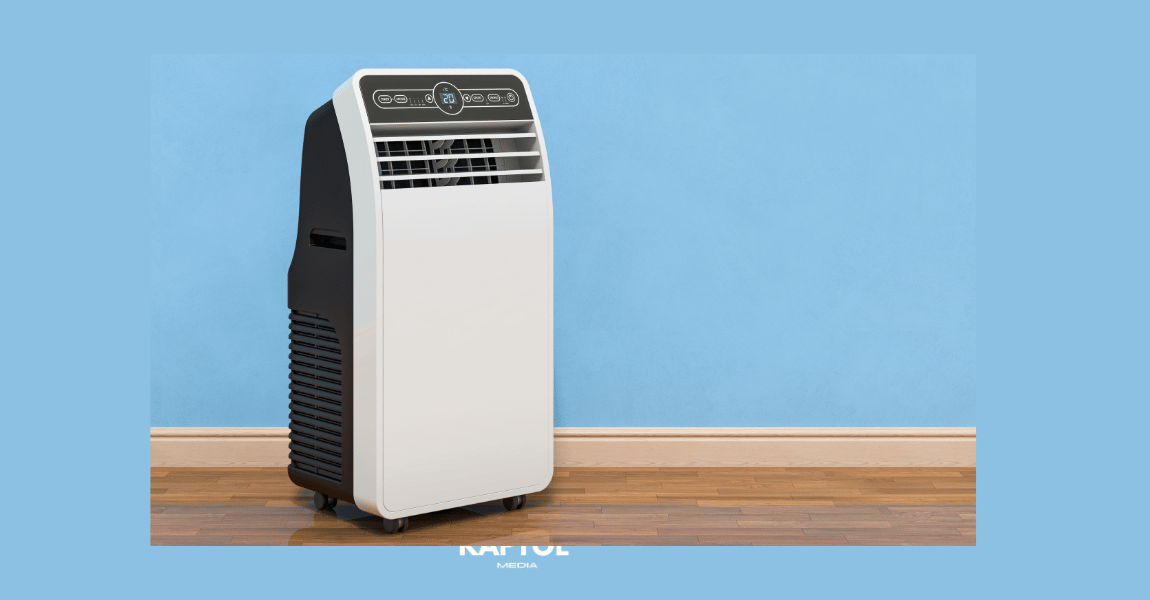
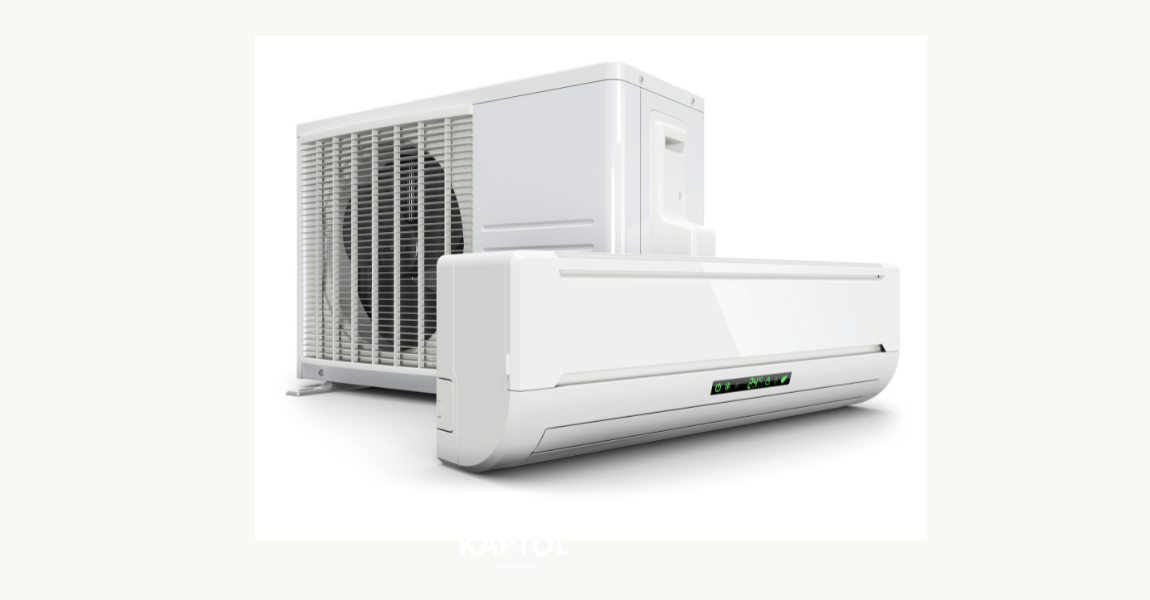
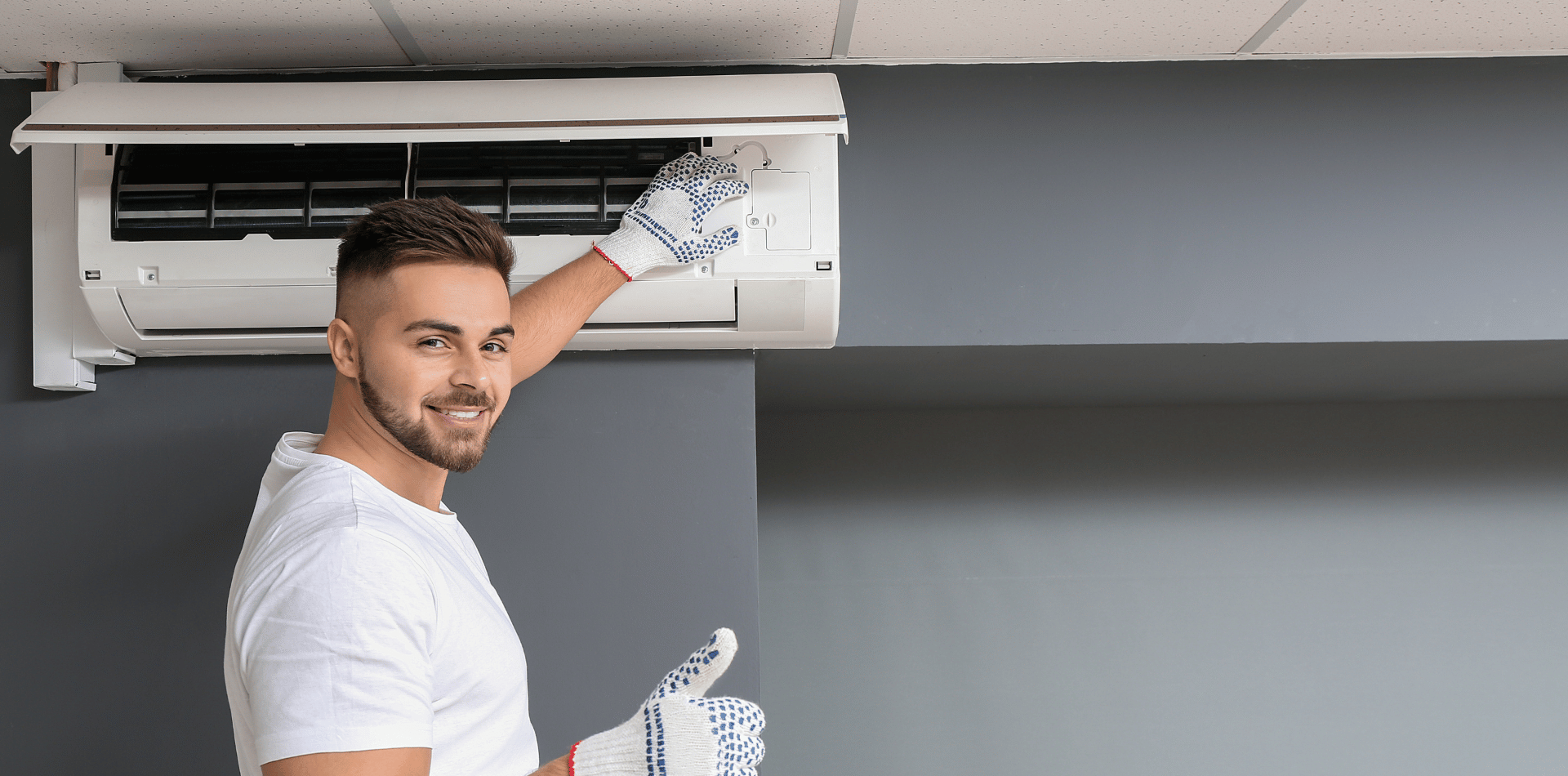


We bring pride and passion to every project we undertake, with a professional team of project managers and tradespeople.
Proudly Powered by Kaptol Media

